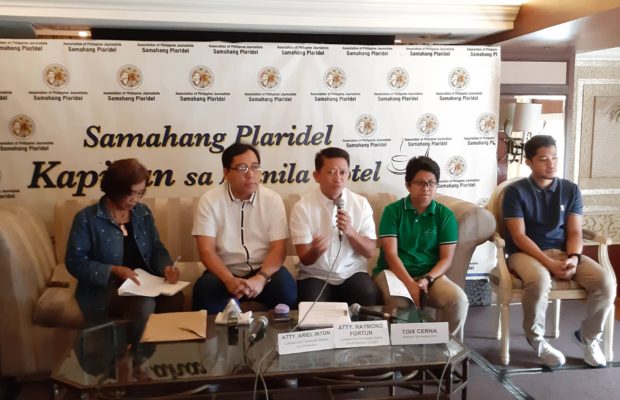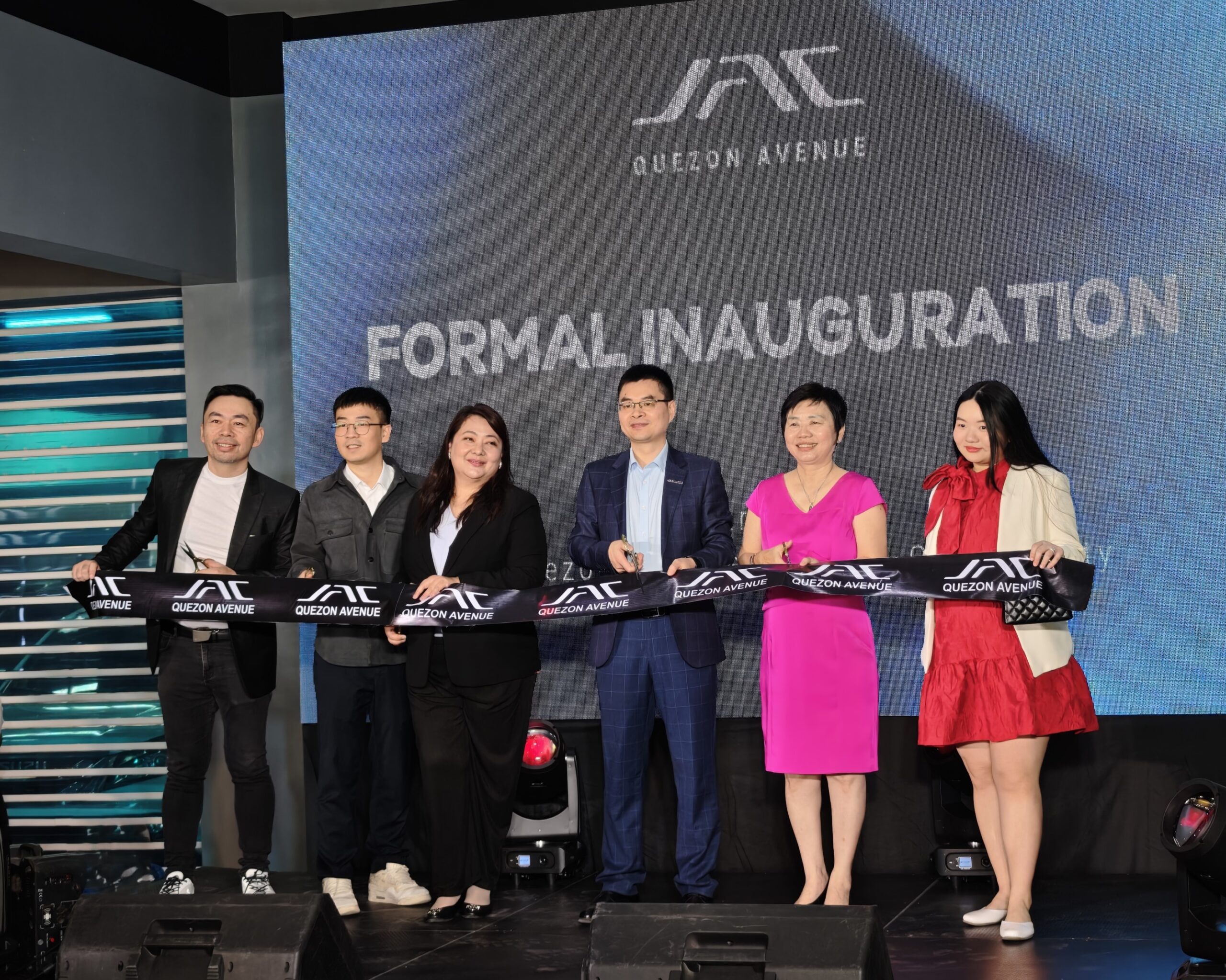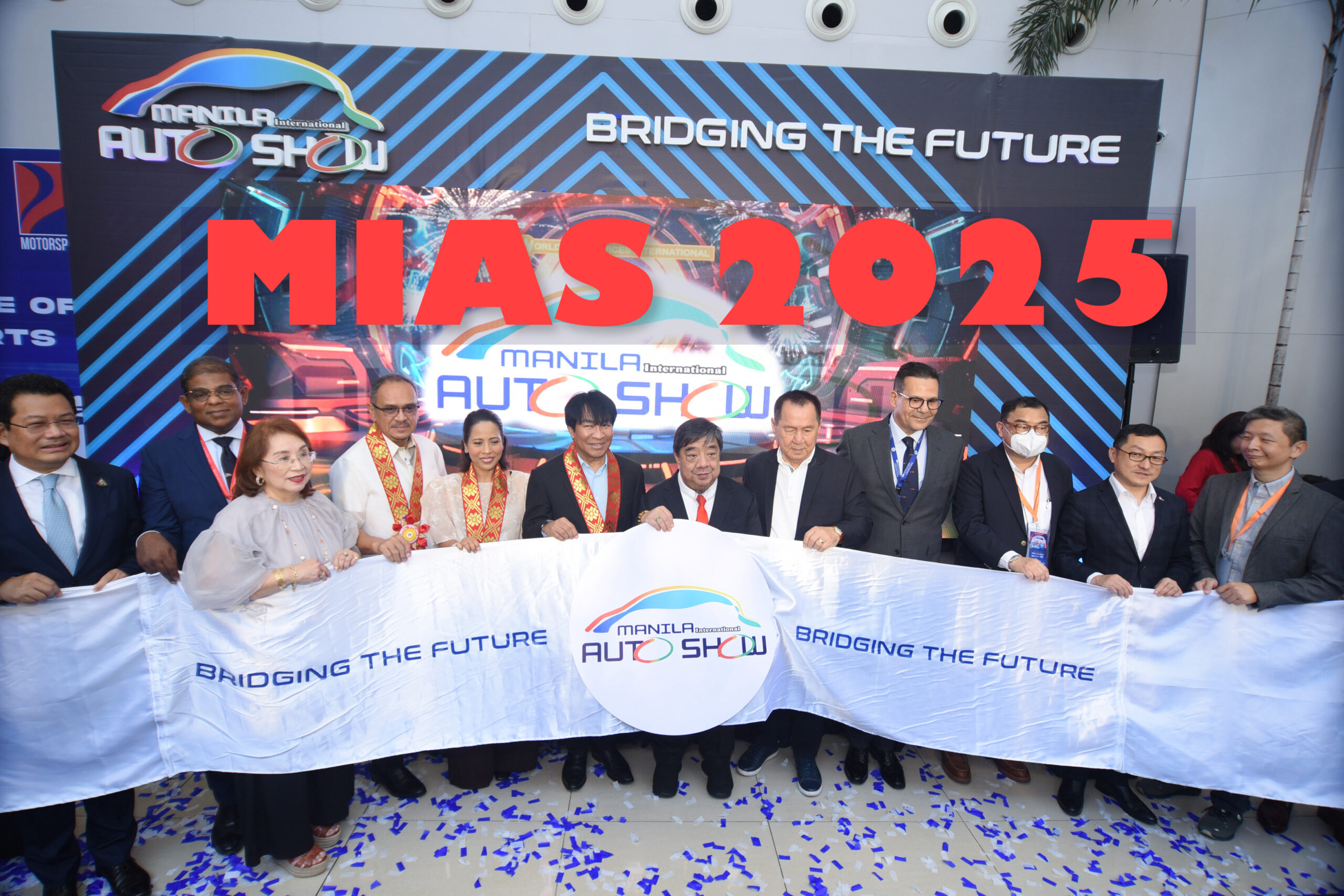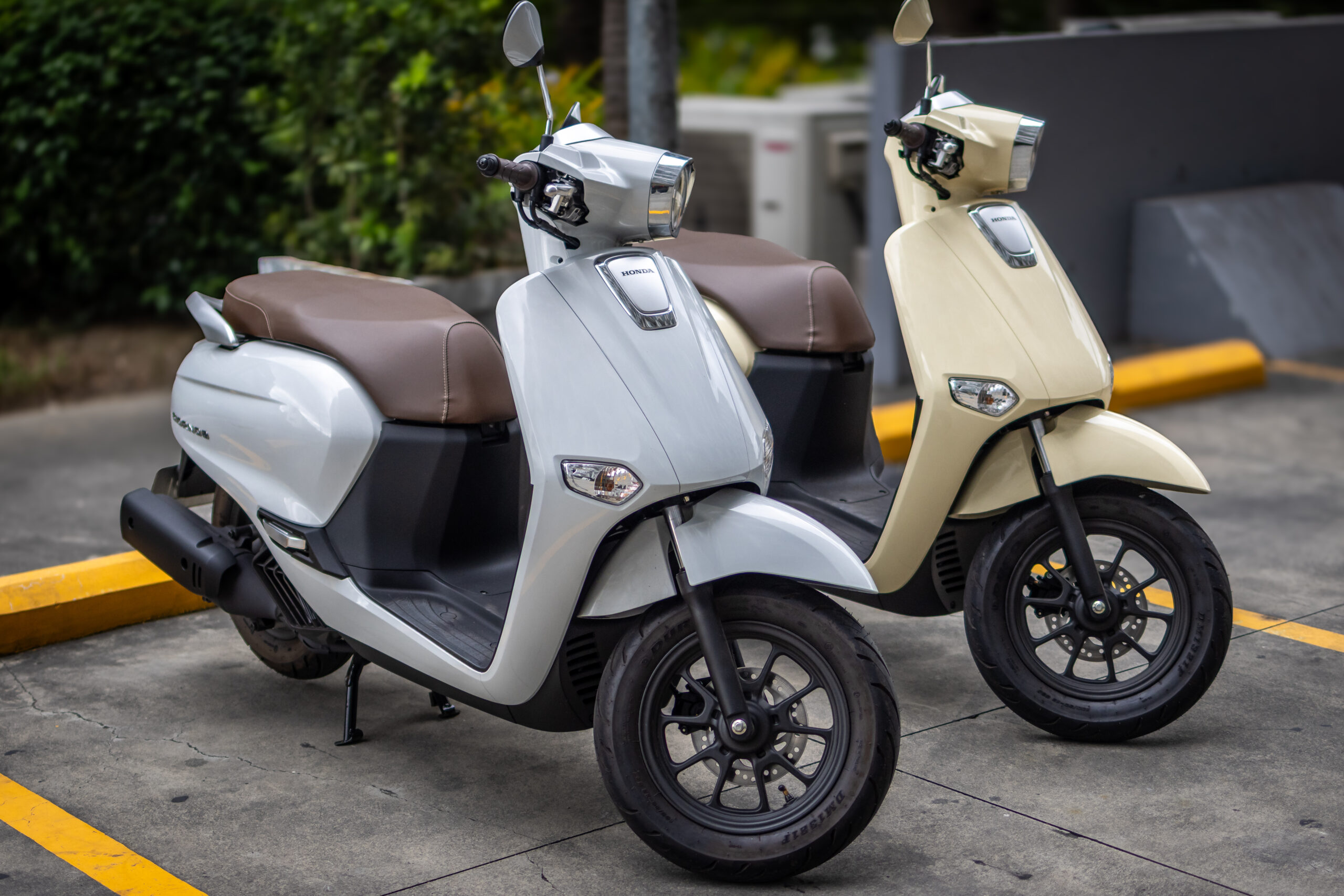Excluded Technical Working Group (TWG) Urge Congress, Senate to Intervene

- EXCLUDED TWG MEMBERS URGE CONGRESS, SENATE TO INTERVENE
Amid the recent announcement of the Department of Transportation (DOTr) to extend the test run for motorcycle taxis for another six months and include new motorcycle taxi companies supposedly as per the recommendation of the previously convened technical working group (TWG), original members of the TWG who were not included in the decision-making process for this sought the intervention of Congress and Senate to exclude the new players from participating in the extension.
Certain members of the TWG constituted in December of 2018 were taken by surprise with the recent news from the DOTr stating that the TWG already decided to extend the motorcycle taxi test run and include six new motorcycle taxi players.
The excluded TWG members has also called on Congress and the Senate, from which the original directives to conduct a technical working group assessment last year came, to look carefully into the matter.
In a press briefing, Toix Cerna, spokesperson of the commuters’ group Komyut, revealed, “Since August, we have been seeking for the TWG to be convened to discuss the initial data, and experience of Angkas, but to no avail.” Cerna added, “Our task was also to monitor and assess the results of the pilot so that we are informed of what to recommend for the legislative measures pending in Congress.”
Raymond Gascon of Move Metro Manila said in a separate statement, “In principle we agree with the need for the motorcycle taxi safety protocols to be extended to and applied to other motorcycle taxi service providers. Competition is good and should be a welcome development. We are just concerned with the process through which this decision was made without us having been call into a meeting at all.”
Move Metro Manila is a group of policy advocates organizing policy discussions on mobility.
In turn, Atty. Ariel Inton of the Lawyers for Commuter Safety and Protection (LCSP), also a member of the TWG, revealed, “Since the start of the pilot run, I have never been invited to meetings and discussions and now I heard that they have decided on something critical, which is not only irregular but rather suspicious and unacceptable.”
Inton added, “And it seems this exclusion from the recent decision-making process also involves many other critical members of the TWG and we are just wondering why this was the case.”
The LCSP earlier filed a petition for injunction with application for a Temporary Restraining Order (TRO) and/or Writ of Preliminary Injunction against five motorcycle taxi companies: We Move Things Philippines Inc. (Joyride), Habal Rides Corp., I-Sabay, Sampa-Dala Corp., and Trans-Serve Corp. The petition stated that their operations are unauthorized and may cause grave and substantial damage to the public.
“Our objective in the LCSP is to ensure the safety and protection of the riding public,” Inton, a former Land Transportation Franchise and Regulatory Board (LTFRB) member, said. “And we are worried that the new motorcycle players who will join the test run may just endanger the lives of commuters because they do not have the same stringent safety standards as what the riding public has been accustomed to in the initial test run,” he added.
“We in the LCSP call on the DOTr to ensure that the welfare of the riding public is given priority by ensuring that the new players the agency is considering to include in the announced test run extension undergo a thorough review and assessment much like what the TWG did back then for Angkas,” Inton stressed.
“We have requested an immediate restraining order to prevent grave and irreparable damage to the riding public in general, and to the pilot program in particular,” stressed Atty. Raymond Fortun of LCSP declared. “Moreover, any accident during this critical period will also sabotage the pilot program,” he added.
Early this year, the House of Representatives passed Resolution No. 2449 urging the DoTr to implement a pilot program allowing, monitoring, and regulating the operation of duly registered and organized motorcycles-for-hire as an alternative public transport utility.
The DoTr then instructed various agencies to form a Technical Working Group (TWG) composed of stakeholders and experts from the government and the private sector to discuss issues attendant to the prospect of two-wheel vehicles operating as public transport.
The TWG was tasked to identify motorcycle types eligible to be licensed, taking into consideration factors like engine displacement, carrying capacity, operating speeds, routes, seat and helmet requirements, and training requirements for drivers, who will eventually need to obtain a public utility vehicle (PUV) registration.
Upon the recommendation of the TWG, the DoTr allowed the six-month pilot test for motorcycle taxi operations in the Philippines starting in July of this year. Since only the motorcycle ride-hailing app Angkas had been established and operating with an eight-month track record at the time, Angkas became the sole subject of the pilot program which will end in December.
“Three months to the pilot could have been a good time for the House and Senate to hear the proposed bills already, using initial results,” noted Jason Salvador, Managing Director of LEADER (Legal Engagement Advocating for Development and Reform). “The pilot was just for a period of six months. After that, what will happen to the commuters?” he added.
Inton, Cerna, Gascon, and the rest of the excluded TWG members are asking for greater transparency in the TWG’s procedures and asking Congress and Senate to intervene in this regard. “Transparency in the decision-making process of the TWG is very important so that the decisions do not look suspect,” noted Gascon “It is very curious that at this crucial stage in the TWG, non-government members were completely sidelined,” he added.
Inton also asked why the DOTr is planning to extend the test run. “Why are they extending it? If they are convinced that the test run was successful, why not just direct the Congress to come up with a law to regulate this service?” Inton asked.






















0 comments